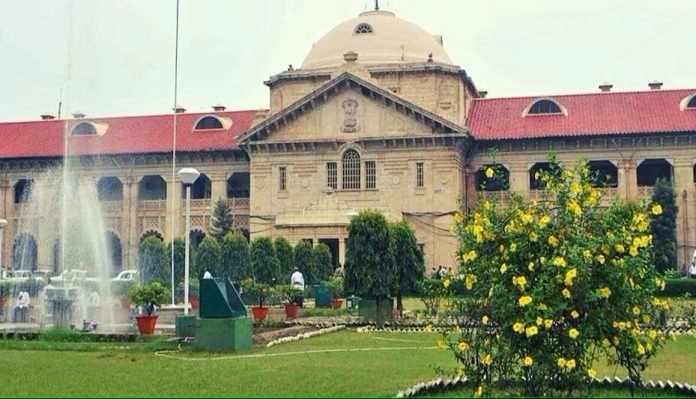9 May 2024: In a significant ruling, the Allahabad High Court has declared that married Muslims cannot assert rights in live-in relationships, citing Islamic principles. The verdict came during the hearing of a writ petition filed by Sneha Devi and Mohd Shadab Khan, seeking protection against police action after Devi’s parents lodged a kidnapping complaint against Khan. The court ordered Devi to be returned to her parents’ custody.
A two-judge bench, comprising Justices AR Masoodi and AK Srivastava, made these observations while addressing the case where Devi and Khan sought protection from legal action. They claimed to be in a live-in relationship, facing allegations of kidnapping by Devi’s parents.
The petitioners argued that, as adults, they had the right to live together, citing a Supreme Court judgment. However, the court emphasized that Islamic laws prohibit live-in relationships while a marriage is subsisting. It noted that the situation might differ if the individuals were unmarried and of legal age.
Further investigation revealed that Khan was already married and a father, prompting the court to assert that constitutional morality might not apply in such cases. The judgment highlighted the clash between social customs and constitutional rights, particularly under Article 21, which guarantees personal liberty and protection of life.
Despite the couple’s plea for protection under Article 21, the court emphasized the sanctity of marriage in Islamic law. It underscored that while constitutional morality might supersede social norms in some instances, the present case didn’t warrant such intervention due to Khan’s existing marital status.
The ruling sheds light on the intersection of personal relationships and legal frameworks, especially concerning religious laws. It underscores the need for a nuanced approach to navigating societal norms and individual rights within the context of legal systems.




